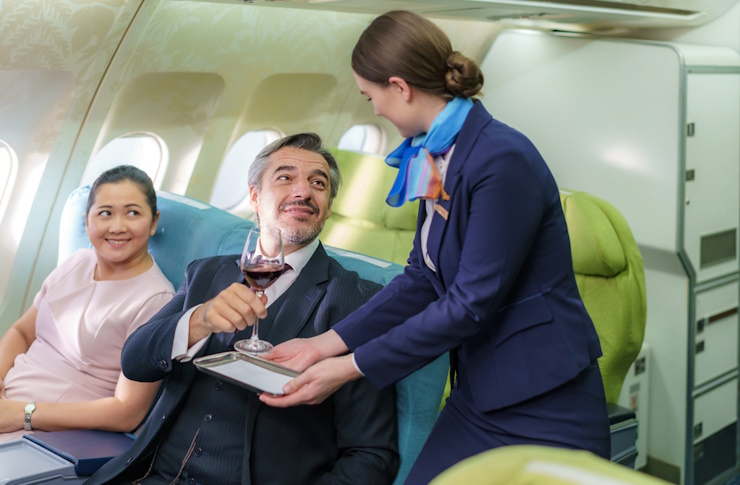Flight Attendant Jobs: Roles, Luxury Service & Career Paths
Every flight attendant job blends safety, service, and adaptability. Whether you picture busy commercial routes or the more intimate world of a private jet, the role requires technical training, strong interpersonal skills, and the ability to perform calmly under pressure. This article outlines what the work involves, differences between service types, and practical steps to develop a resilient aviation career without promising specific job listings.

What does aviation life look like for crew?
Working in aviation means being part of a tightly regulated, safety-first industry. Flight crews follow procedures set by airlines and aviation authorities, participate in recurrent safety training, and work shifts that can include early mornings, long nights, and layovers. Schedules vary by employer and aircraft type; some days focus heavily on safety checks and briefings, others on in-cabin service and passenger care.
The lifestyle also includes travel benefits, cultural exposure, and irregular routines. Crew must manage jet lag, maintain professional presentation, and keep certifications current. While the public-facing parts of the role are visible, much of the job centers on compliance, documentation, and coordination with pilots and ground teams.
What does a flight attendant do daily?
A flight attendant’s daily tasks combine safety responsibilities with passenger service. Preflight duties include safety equipment checks and cabin preparation. During flight, attendants conduct safety demonstrations, monitor cabin conditions, respond to passenger needs, and manage medical or security incidents. Postflight, they complete reports and restock supplies.
Customer service skills are crucial: clear communication, empathy, and problem-solving help keep passengers comfortable. Flight attendants also adapt service levels based on flight duration, passenger demographics, and unexpected events, making flexibility and situational awareness essential components of everyday work.
Are private jet roles different?
Private jet positions tend to be smaller teams with more personalized service expectations. Onboard roles may include multi-role duties—service, provisioning, cleaning, and more direct interaction with clients and their guests. Private jet crew often work for charter companies, corporations, or high-net-worth individuals and may need to coordinate bespoke requests and confidentiality preferences.
Qualifications can overlap with commercial standards, but private jet employers may prioritize different experience, like fine-dining service, international protocol familiarity, or language skills. Schedules often differ: assignments can be intermittent, with blocks of intensive travel followed by downtime, so adaptability and readiness for variable timetables are important.
What defines luxury inflight service?
Luxury inflight service emphasizes personalization, high-quality amenities, and attention to detail. This can mean curated menus, premium beverage offerings, meticulous table settings, and anticipating guest preferences. In luxury contexts, the service approach is discreet and anticipatory, blending hospitality skills with the standards of high-end hospitality industries.
Training for luxury service often includes fine-dining etiquette, wine and food pairing knowledge, and guest confidentiality. While commercial carriers have premium cabins with elevated service, true luxury-focused roles—especially on private jets or first-class cabins of some operators—aim to create an experience that aligns with a client’s expectations for privacy, comfort, and exclusivity.
How to build a stable career as crew?
A sustainable career path begins with accredited safety training and certifications recognized in your region. Many employers look for customer service experience, language skills, and evidence of professionalism. Building a resume with varied service environments—airlines, hospitality, or corporate aviation—can broaden opportunities and demonstrate adaptability.
Professional development matters: recurrent training, specialized service courses, and networking within aviation communities help progression. Be mindful that job availability fluctuates with market conditions; this article provides general guidance only and does not list specific openings. Verify current opportunities and application processes on official employer career portals or verified recruitment channels, and treat each posting as subject to change.
Conclusion
Flight attendant jobs offer a mix of technical responsibility and service-oriented work across commercial, private jet, and luxury settings. Success depends on rigorous safety training, strong interpersonal skills, and the ability to adapt to varied schedules and client expectations. Use this information to shape your preparation and professional development while relying on official employer channels for current hiring details.






